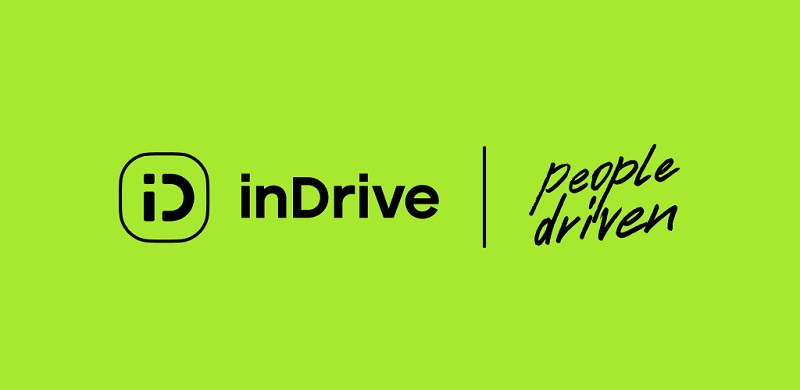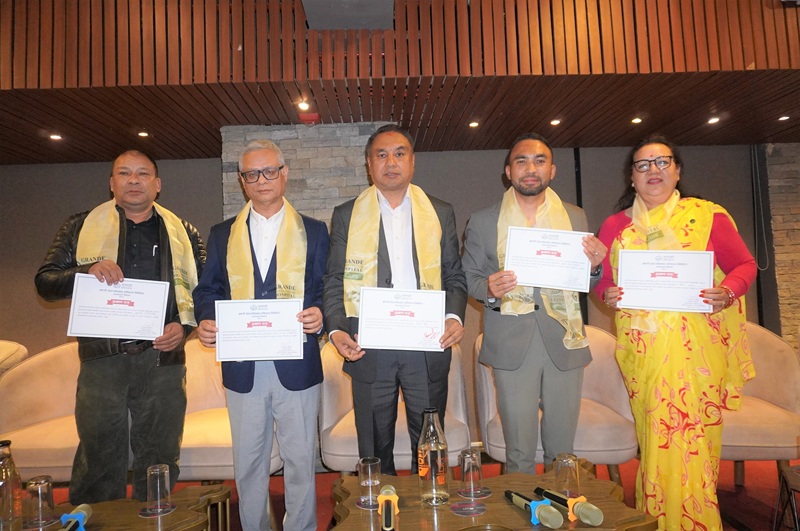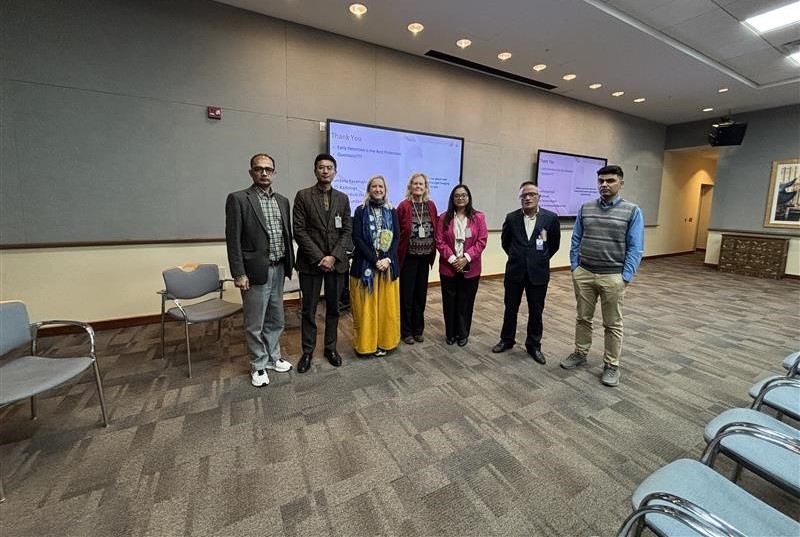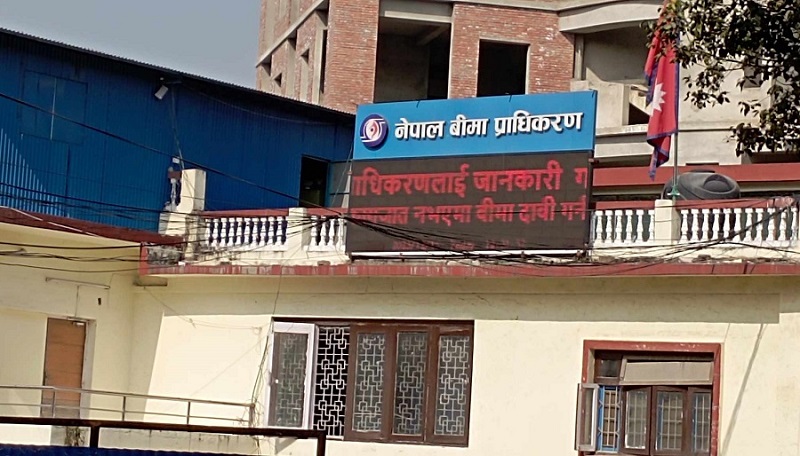InDrive Ride Sharing Operations Ban in Pokhara: A Closer Look at Legal and Economic Implications
23 June 2024, Kathmandu
The recent ban on ride-sharing operations, including the popular app InDrive, in Pokhara has sparked significant debate and concern among both service providers and users.
In-Drive Ride Sharing Operations Ban in Pokhara
The Kaski Administration Office has issued a public notice to immediately halt the operation of transporting passengers through ride-sharing apps, citing legal and regulatory concerns.
The Regulatory Backdrop
The Head of the Transport Office in Pokhara, Dilliram Rizal, highlighted that the crackdown was necessary as private vehicles were found operating ride-sharing services against the law.
According to Rizal, using apps to carry passengers without proper authorization contravenes the Vehicle and Transport Management Act.
The Transport Office, in collaboration with the police, will strictly monitor compliance with this directive.
Legal Framework and Current Challenges
In Gandaki Province, there is a provision within the Vehicle and Transport Management Regulations 2080 to legalize transport services via ride-sharing apps.
However, the absence of clear regulatory procedures has created a legal grey area. The regulations allow four-wheelers and two-wheelers with private registration certificates to carry passengers, provided they complete the necessary procedures and have passenger insurance.
Rizal emphasized that ride-sharing services have not been regulated in Gandaki Province due to the lack of specific rules.
Without the transport office’s permission, passengers are being transported through apps that independently set fares, bypassing official fare regulations. As a result, ride-sharing services currently operate illegally in Gandaki Province.
Economic Implications and Public Demand
Despite the legal hurdles, ride-sharing apps have gained popularity in Pokhara, the capital of Gandaki Province.
Apps like Pathao, Total, Sahara, InDrive, Easy, Taximandu, and Cab Taxi are widely used, although they operate outside the legal framework. This popularity underscores a growing demand for efficient and convenient transport options, which the traditional public transport sector has struggled to meet.
The financial requirements for legalizing ride-sharing are substantial. Registration fees for two-wheelers are set at NPR 25,000, with an annual renewal fee of NPR 12,500.
For four-wheelers, the registration and renewal fees are NPR 50,000 and NPR 25,000, respectively. The combined registration permit fee for both vehicle types is NPR 70,000, with an annual renewal fee of NPR 35,000.
These costs are part of a broader effort to regulate and manage ride-sharing services to ensure passenger safety and fair pricing.
The Road Ahead
Kedar Paudel, the coordinator of Gandaki Province for the Federation of Transport Professionals, stressed the importance of bringing ride-sharing services under legal regulation. He argued that allowing anyone to carry passengers using an app without proper oversight could undermine the public transport sector. Paudel called for stringent regulations to ensure that only authorized vehicles can provide ride-sharing services, thereby protecting both the industry and passengers.
The ban on ride-sharing services in Pokhara highlights a critical juncture for transport regulation in Gandaki Province. While there is a clear demand for ride-sharing services, the legal framework needs to be solidified to ensure safety, fairness, and compliance.
InDrive Ride Sharing Operations Ban in Pokhara
As the province works towards establishing comprehensive standards and procedures, stakeholders from the public transport sector, ride-sharing companies, and regulatory bodies must collaborate to create a balanced and effective transport ecosystem.
Only through such efforts can the full potential of ride-sharing services be realized, benefiting both service providers and users in the long run.







